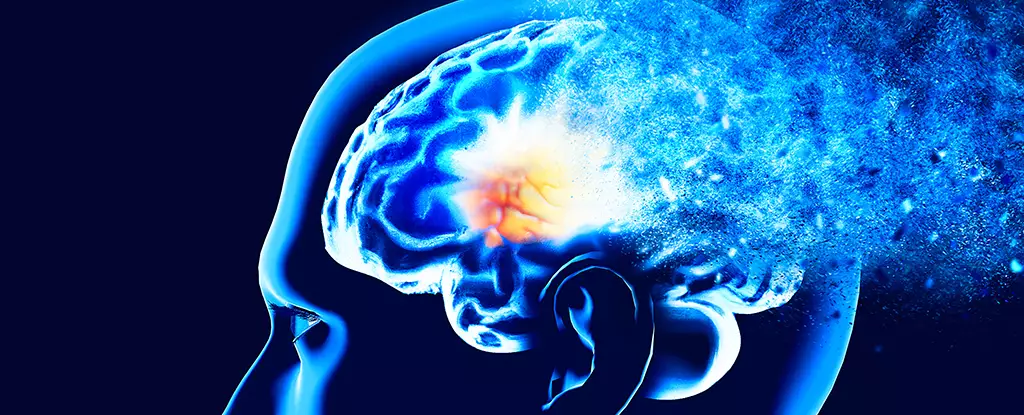Parkinson’s disease is a debilitating condition that affects millions of people worldwide. One of the main treatments for this disease is L-DOPA, which aims to replace the deficit of dopamine in the brain. While L-DOPA can help ease the severity of Parkinson’s symptoms, it comes with its own set of issues. Over time, prolonged use of L-DOPA can lead to a condition called dyskinesia, which causes uncontrollable movements like twitching, swaying, and head bobbing. This limits the potential long-term benefits of the medication.
A recent study has shed light on why L-DOPA can trigger dyskinesia in patients. Researchers found that cells in a critical area of the brain respond to the medication in a way that resembles processes in memory formation. Neurons known as D1-MSNs were found to be responsible for most of the activity in the brain, expressing genes that suggested they were being activated by L-DOPA and forming connections with other neurons – a key process in making memories.
The study found that one of the genes expressed by the D1-MSNs cells produces a protein called Activin A. When researchers blocked Activin A in experiments on mice, the onset of dyskinesia was prevented. This suggests that by inhibiting the formation of ‘bad memories’ associated with L-DOPA treatment, the development of dyskinesia symptoms can be halted.
The findings of this study have important implications for Parkinson’s patients who are undergoing L-DOPA treatment. It explains why even when patients pause L-DOPA treatment, the dyskinesia comes back as soon as treatment is restarted. The brain holds on to motor memories associated with L-DOPA, causing unwanted side effects. If dyskinesia can be stopped, patients may be able to stay on their treatment for longer, experiencing relief from symptoms like stiffness, rigidity, slow movement, and tremors.
While this research is promising, it still needs to be tested in human subjects. Mouse models have similarities to humans, but findings in mice must be confirmed in people with Parkinson’s. The hope is that by understanding the mechanisms behind dyskinesia, researchers can develop new methods to prevent or treat this side effect of L-DOPA treatment. Ultimately, the goal is to eradicate Parkinson’s disease altogether, providing relief for those suffering from this debilitating condition.


Leave a Reply